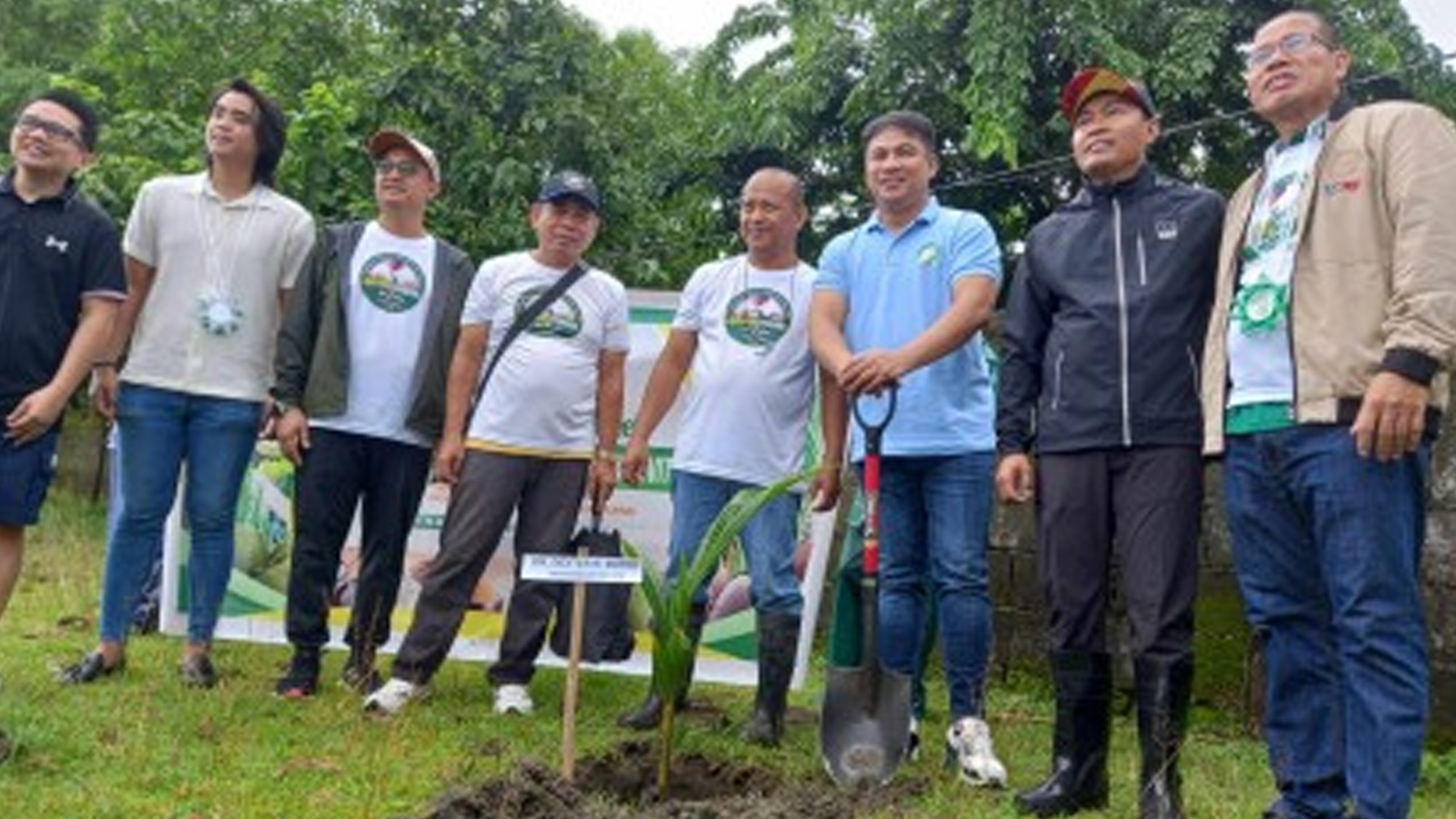The Philippine Coconut Authority (PCA) targets to plant 300,000 coconut seedlings in 600 hectares of land in different parts of Ilocos Region this year in line with the country’s aim to boost the coconut industry.
“Region 1 (Ilocos) is very much suitable for coconut. Its soil is not that acidic,” PCA administrator Dr. Dexter Buted said in an interview during the kick-off of the simultaneous coconut planting activity for the National Coconut Week celebration called Bayaniyugan on Wednesday.
This program is part of the agency’s target to plant 100 million coconut trees nationwide by 2028.
Buted said Region 1 only has around 970,000 coconut trees, some of which are already senile or of old age, which affect production of nuts.
He said the region’s coconut production is small compared to other regions because it is concentrated on producing rice, tobacco, and garlic, among others.
Based on Philippine Statistics Authority (PSA) data, coconut production in the region was estimated at 47,226.90 metric tons in 2022.
Although the figure is higher by 6.54 percent than the 44,328.92 metric tons in 2021, it only contributed 0.32 percent to the national production.
“There is the need to orient the people and the local government units that they have to adopt the coconut industry because there is really the potential and a big opportunity that awaits the coconut industry,” Buted said.
The coconut industry contributes around USD2.3 billion per year to the export of agricultural products of the country, he said.
Coconut is being used as raw material for various products such as virgin coconut oil and cooking oil, among others.
Buted said PCA will be providing funds and training to local governments interested in involving in the Bayaniyugan.
He said local governments will be tasked in coconut seedling production.
Buted added the coconut industry will be complemented by the salt industry.
The PCA has an existing contract with the Pangasinan Salt Center, a salt farm run by the provincial government, for the provision of agricultural grade salt fertilizer.
Each coconut tree is fertilized with two kilograms of the agricultural grade salt fertilizer, which improves its yield by 25 percent in the first year and 50 percent on the succeeding years, Buted said.
Buted urged the Pangasinan provincial government to produce more salt since the fertilizer requirement nationwide is 106,000 metric tons.
Pangasinan Provincial Administrator Melicio Patague II, in his speech during the program, thanked the national government, the Department of Agriculture, and the PCA for the partnership, especially in the procurement of the agricultural grade salt fertilizer from the provincial government.
“You have given the salt industry in the province an opportunity to rise,” he said. (PNA)







